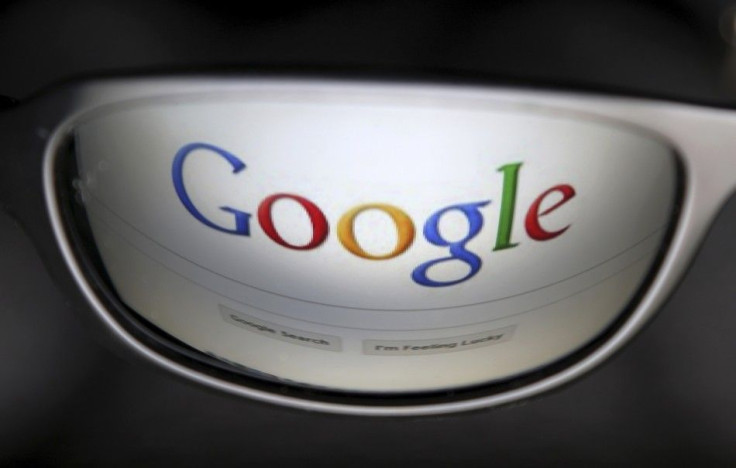Teen Gets Dismissed By Doctors When She Googled Her Symptoms, Dies Later

Nottingham teenager, Bronte Doyle, was convinced that her rare cancer made a comeback and decided to Google her symptoms. According to the Nottingham Post, doctors told Doyle to stop researching and when she was admitted again to the hospital, there was nothing that can be done to save her.
Doyne, a resident of West Bridgford, Nottingham, was sent to the Nottingham University Hospital, or NUH, for the first time in September 2011. She was then diagnosed with fibrolamellar hepatocellular carcinoma, a rare form of cancer that affects only 200 people worldwide every year, according to News Australia.
For 16 months, doctors told Doyne that she had nothing to worry about and that she would make it through. However, Doyne feared that her symptoms would come back and resorted to “Google” for more information. According to her online research, supported by her family, the symptoms of the form of cancer she had will most probably return and she was right.
However, Doyle claimed that doctors dismissed the information she gathered about her disease. She was even told to “stop Googling.”
“It’s not just some pathetic website on Google, it’s been endorsed by the White House in publications, and was the only contact we had to get some awareness about this disease,” said Doyle in the News Australia report.
After 16 months of convincing doctors to take her condition seriously, Doyle was admitted to the hospital again. She died on March 23, 2013—10 days after being admitted—as her illness had progressed and treatments became futile, according to The Nottingham Post.
Doyne’s mother, 50-year old Lorraine, criticised doctors from the hospital saying they have a “woeful lack of care and empathy.” "Bronte was denied pain relief, referrals were hugely delayed and efforts by her family to gather information and understand Bronte's prognosis were handled in an evasive and aloof manner,” she said in her statement.
NUH medical director, Dr. Stephen Fowlie, has issued an apology to Doyne’s family saying that the hospital “did not listen with sufficient attention.” It was reported that NUH is now working with Lorraine to share learning from her daughter’s experience and has come up with measures to help patients with the rare disease.
To report problems or leave feedback on this article, email: wendylemeric@gmail.com.





















